Bobby Vinton - Tell Me Why / Songs For Lonely Nights (Reissue) (2001)
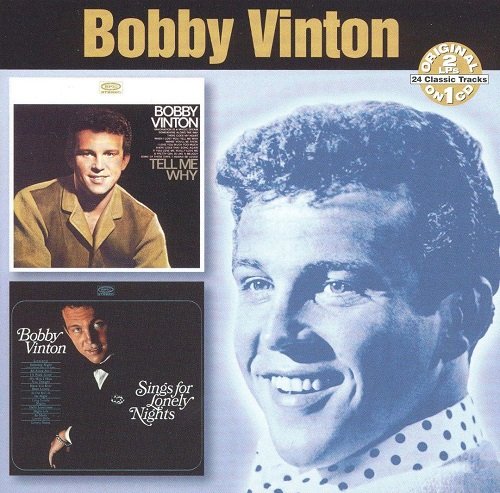
Artist: Bobby Vinton
Title: Tell Me Why / Songs For Lonely Nights
Year Of Release: 2001
Label: Collectables
Genre: Early Pop/Rock, Traditional Pop, Vocal Pop, Oldies
Quality: Mp3 320 / Flac (tracks, .cue, log)
Total Time: 01:04:28
Total Size: 164/377 Mb
WebSite: Album Preview
Title: Tell Me Why / Songs For Lonely Nights
Year Of Release: 2001
Label: Collectables
Genre: Early Pop/Rock, Traditional Pop, Vocal Pop, Oldies
Quality: Mp3 320 / Flac (tracks, .cue, log)
Total Time: 01:04:28
Total Size: 164/377 Mb
WebSite: Album Preview
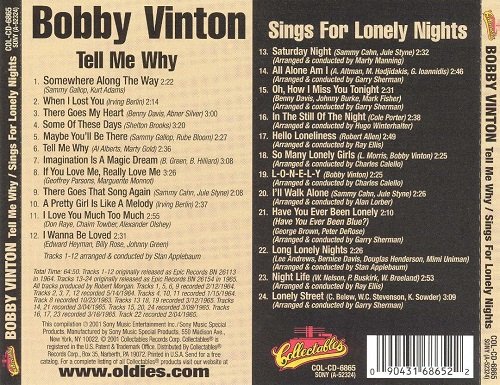
Tracklist:
"Tell Me Why":
01. Somewhere Along the Way (Sammy Gallop, Kurt Adams)
02. When I Lost You (Irving Berlin)
03. There Goes My Heart (Benny Davis, Abner Silver)
04. Some of These Days (Shelton Brooks)
05. Maybe You'll Be There (Sammy Gallop, Rube Bloom)
06. Tell Me Why (Al Alberts, Marty Gold)
07. Imagination Is a Magic Dream (Bob Hilliard, B.T. Green)
08. If You Love Me (Really Love Me) (Geoff Parsons, Marguerite Monnot)
09. There Goes That Song Again (Sammy Cahn, Jule Styne)
10. А Pretty Girl Is Like a Melody (Irving Berlin)
11. I Love You Much Too Much (Don Raye, Alexander Olshey, Chaim Towber)
12. I Wanna Be Loved (Billy Rose, Edward Heyman, Johnny Green)
"Songs For Lonely Nights":
13. Saturday Night (Sammy Cahn, Jule Styne)
14. All Alone Am I (Arthur Altman, Joann Ioannidis, Manos Hadjidakis)
15. Oh, How I Miss You Tonight (Benny Davis, Joe Burke, Mark Fisher)
16. In the Still of the Night (Cole Porter)
17. Hello Loneliness (Robert Allen)
18. So Many Lonely Girls (Lee Morris, Bobby Vinton)
19. L-O-N-E-L-Y (Bobby Vinton)
20. I'll Walk Alone (Sammy Cahn, Jule Styne)
21. Have You Ever Been Lonely (Have You Ever Been Blue?) (George "Funky" Brown, Peter de Rose)
22. Long Lonely Nights (Lee Andrews, Bernice Davis, D.T. Henderson, Mimi Uniman)
23. Night Life (Willie Nelson, Paul Buskirk, Walt Breeland)
24. Lonely Street (Carl Belew, W.S. Stevenson, Kenny Sowder)
Every era needs its crooner, and in the early '60s, it was Bobby Vinton. Vinton's sentimental balladeering and orchestral, middle-of-the-road arrangements were a throwback to a decade earlier, before rock & roll had found its mass market. If Vinton is sometimes identified with a rock & roll audience, it's only because his music was bought by young listeners for a time, and because he still catches some airplay on oldies stations. What he sang was vocal pop, landing some of the biggest hits of the early '60s with "Roses Are Red (My Love)," "Blue on Blue," "There! I've Said It Again," "Mr. Lonely," and "Blue Velvet," the last of which has become his signature song in the wake of its notorious prominence in David Lynch's Blue Velvet.
Vinton originally aspired to lead a big band, and made big band versions of contemporary hits on his first recordings in the early '60s. When he began singing, however, he was quickly successful, reaching number one with "Roses Are Red (My Love)" in mid-1962. The syrupy, saccharine arrangements set the mold for his emotional, occasionally mournful hits throughout the early '60s. 1963 was his banner year, as he hit number three with "Blue on Blue," and then topped the charts with "Blue Velvet" and "There! I've Said It Again."
"There! I've Said It Again" was knocked out of the number one spot by the Beatles' "I Want to Hold Your Hand." But the British Invasion, surprisingly, didn't spell commercial death for Vinton, as it did for so many other balladeers and teen idols. Indeed, he had one of his biggest hits (and his final number one), the sobbing "Mr. Lonely," in late 1964. Although he didn't maintain quite the same superstar ranking, he was consistently popular throughout the next decade; between 1962 and 1972, in fact, he had an astonishing 28 Top 40 entries. Often he updated quaint 1960-era pop tunes such as "Halfway to Paradise," "Take Good Care of My Baby," and "Sealed With a Kiss." A couple of these, "Please Love Me Forever" and "I Love How You Love Me," made the Top Ten, which was quite an anachronism in 1967 and 1968.
Vinton seemed to have launched a major comeback in 1974 with "Melody of Love," which made number three, and enjoys the distinction of being the only major American hit single sung partially in Polish. Only one more Top 40 hit was in the offing, though. This probably didn't particularly bother Vinton, who had his own TV series for a few years in the late '70s, and could always count on lucrative gigs on the cabaret circuit.
Vinton originally aspired to lead a big band, and made big band versions of contemporary hits on his first recordings in the early '60s. When he began singing, however, he was quickly successful, reaching number one with "Roses Are Red (My Love)" in mid-1962. The syrupy, saccharine arrangements set the mold for his emotional, occasionally mournful hits throughout the early '60s. 1963 was his banner year, as he hit number three with "Blue on Blue," and then topped the charts with "Blue Velvet" and "There! I've Said It Again."
"There! I've Said It Again" was knocked out of the number one spot by the Beatles' "I Want to Hold Your Hand." But the British Invasion, surprisingly, didn't spell commercial death for Vinton, as it did for so many other balladeers and teen idols. Indeed, he had one of his biggest hits (and his final number one), the sobbing "Mr. Lonely," in late 1964. Although he didn't maintain quite the same superstar ranking, he was consistently popular throughout the next decade; between 1962 and 1972, in fact, he had an astonishing 28 Top 40 entries. Often he updated quaint 1960-era pop tunes such as "Halfway to Paradise," "Take Good Care of My Baby," and "Sealed With a Kiss." A couple of these, "Please Love Me Forever" and "I Love How You Love Me," made the Top Ten, which was quite an anachronism in 1967 and 1968.
Vinton seemed to have launched a major comeback in 1974 with "Melody of Love," which made number three, and enjoys the distinction of being the only major American hit single sung partially in Polish. Only one more Top 40 hit was in the offing, though. This probably didn't particularly bother Vinton, who had his own TV series for a few years in the late '70s, and could always count on lucrative gigs on the cabaret circuit.
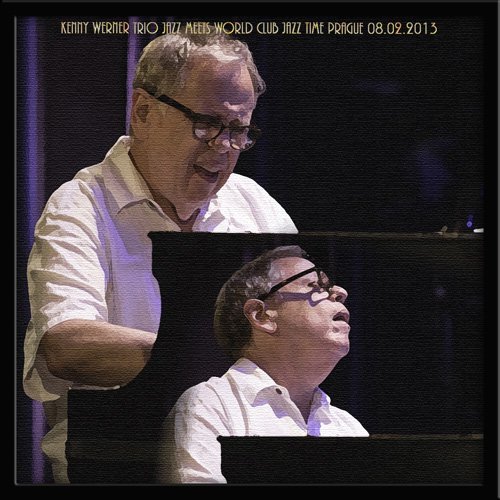
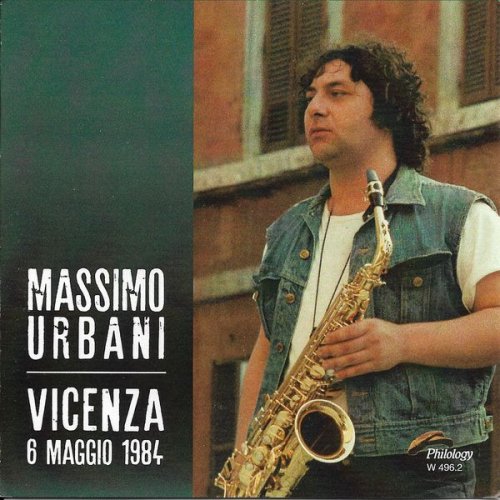

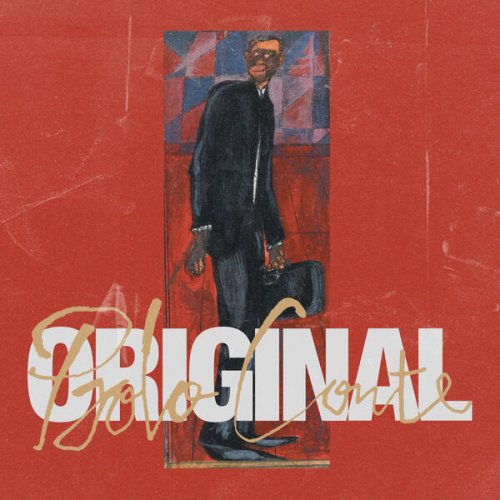



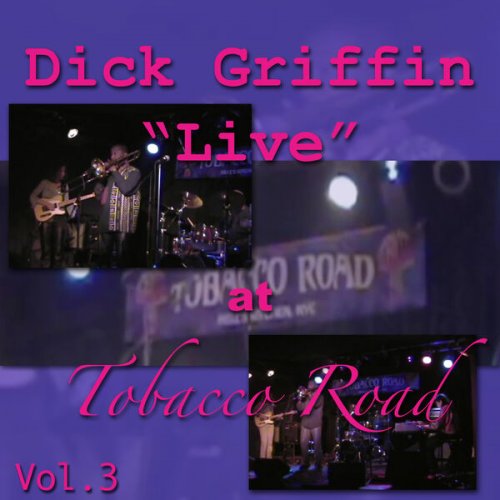
![Louis Matute - Dolce Vita (2026) [Hi-Res] Louis Matute - Dolce Vita (2026) [Hi-Res]](https://img.israbox.com/img/2026-01/10/7o1gz4rkolmyer0yu89vuy268.jpg)